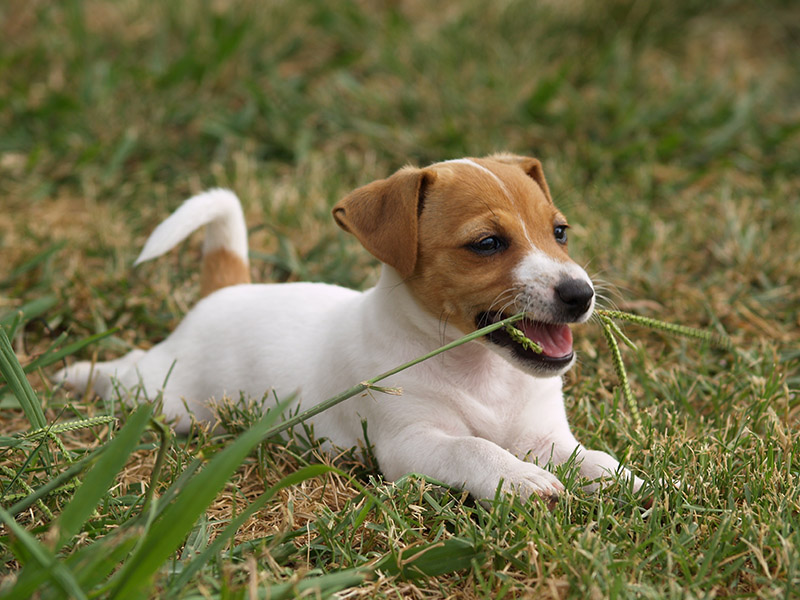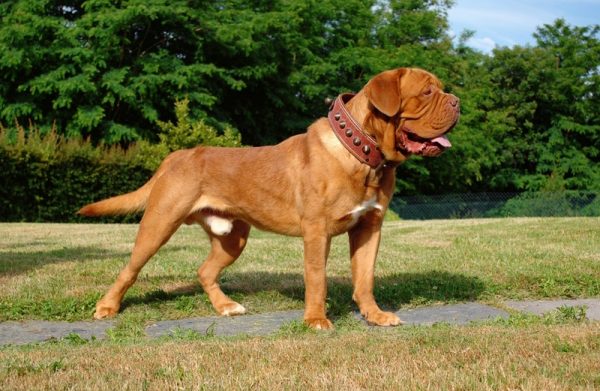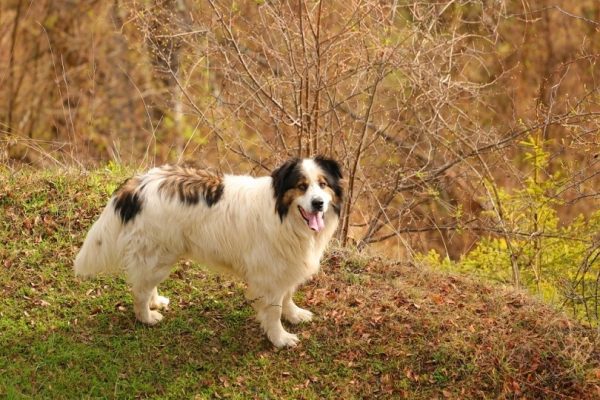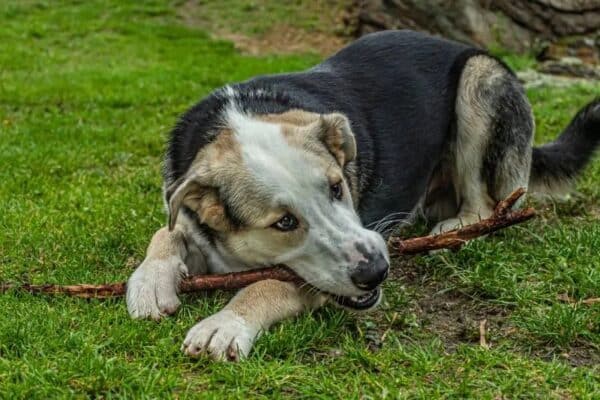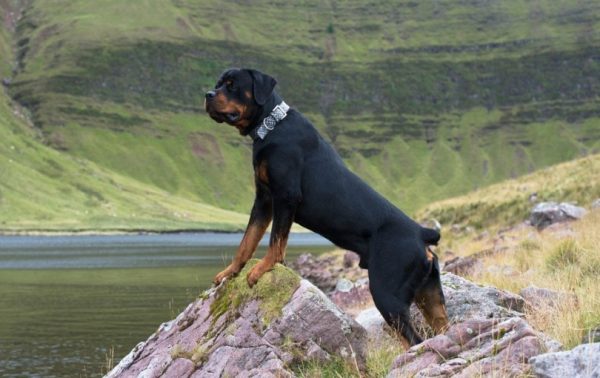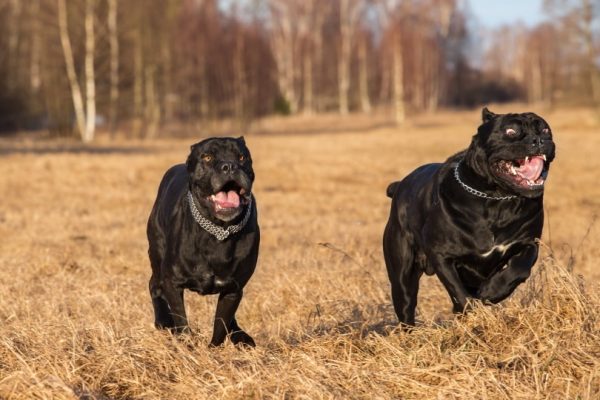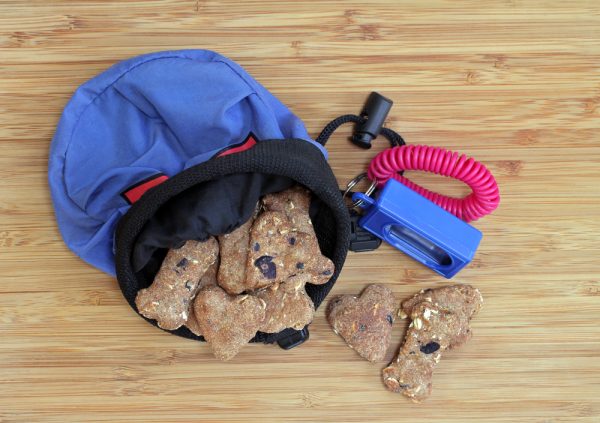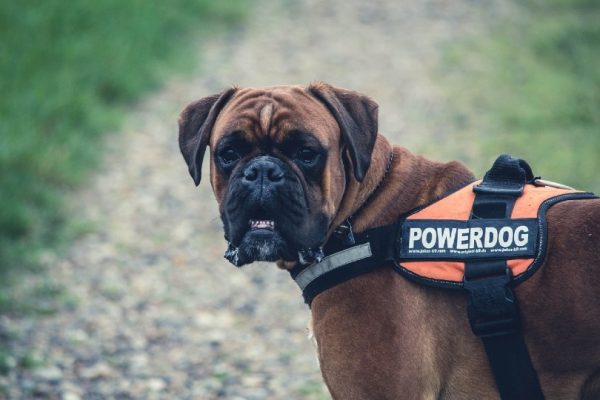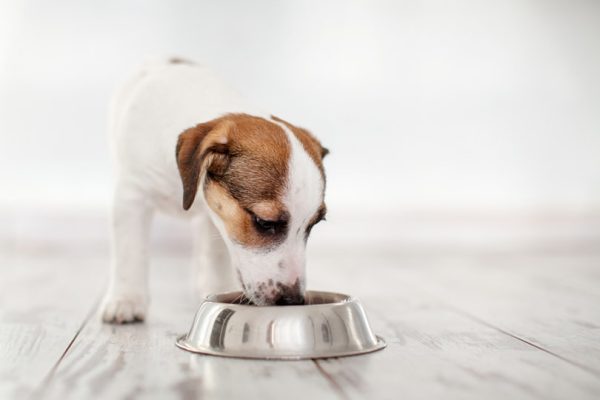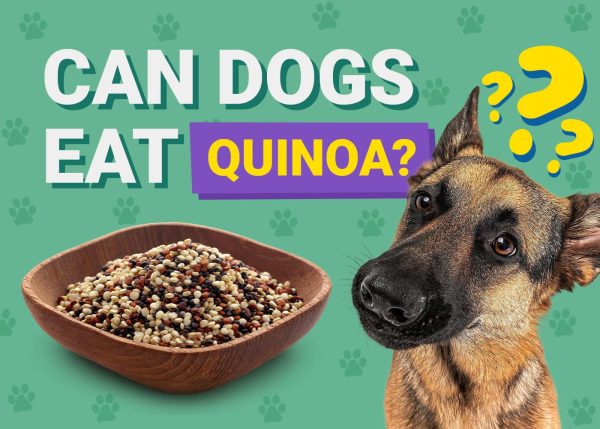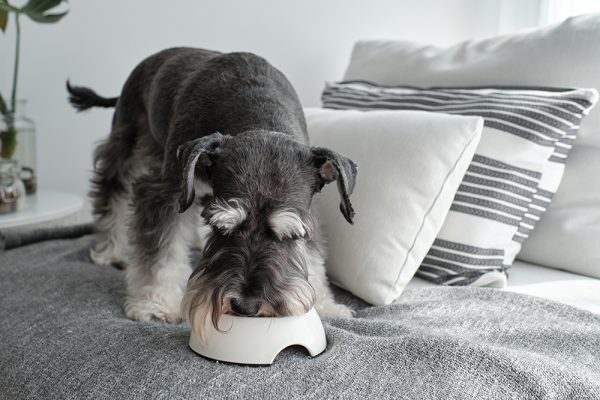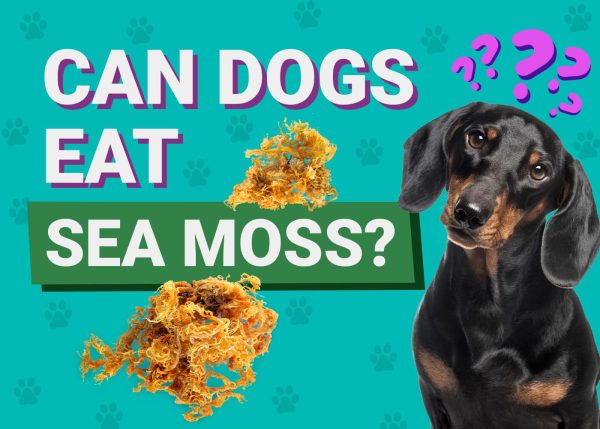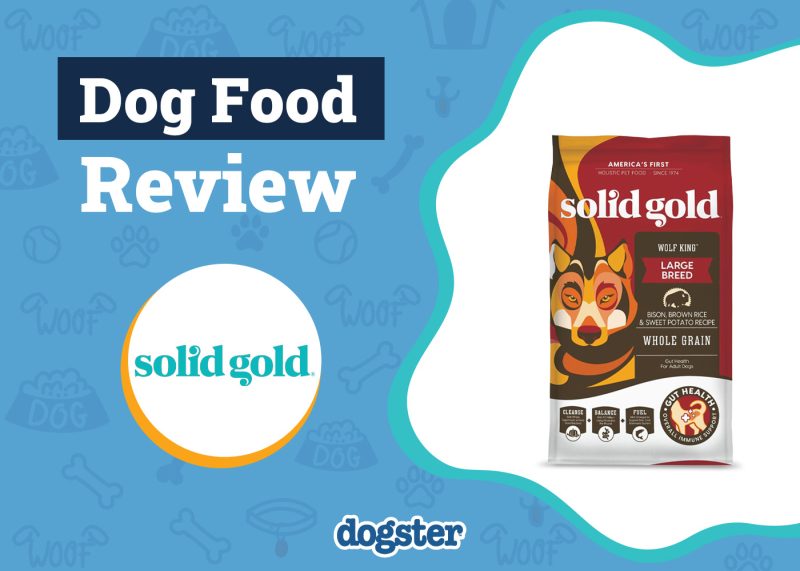In this article
If you are a dog owner, there is a good chance that you’ve noticed your pup nibbling at grass every now and then. You might then wonder why they do it and if it’s safe. If you have noticed your dog exhibiting this behavior recently, keep reading while we list several reasons that they might like to eat it. We also answer common questions and more to help you understand your pet better.

The 8 Common Reasons Why Dogs Eat Grass
1. Natural Instinct
One possible reason your dog might be eating grass is that it’s their instinct to do so. Their wild relatives, which include wolves, jackals, coyotes, and foxes, have often been found with at least some plant material in their stomachs, suggesting that it’s a natural part of their diet in the wild. Many people have also observed these animals eating grass on occasion.
Since it appears to be a natural behavior, there is nothing to do aside from redirecting them with a toy or other distraction when you notice them eating it.
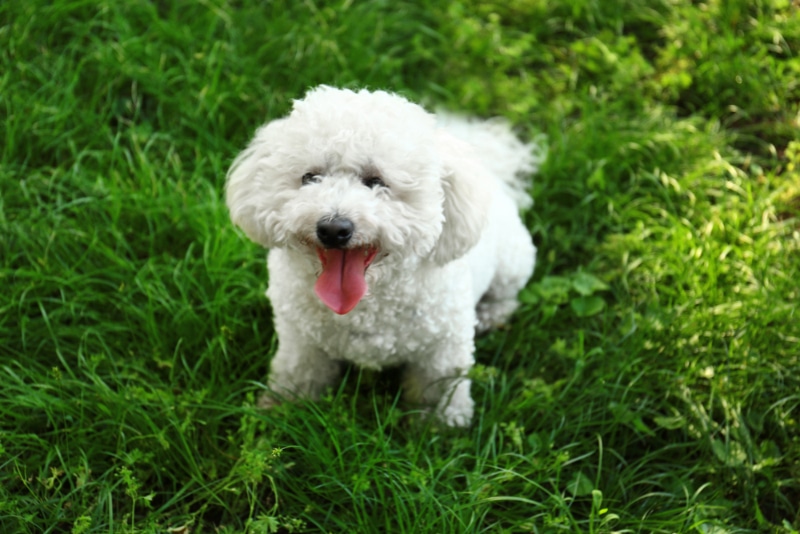
2. Nutritional Needs
Eating grass can be a way for some dogs to get additional nutrients that they need in their diet, with fiber being the most likely one that they’re seeking. While dogs, wolves, and other animals in the Canidae family prefer meat-based meals, especially in the wild, they may still eat grass or other plant matter to help with digestion.
If you think that your dog is eating grass to get more fiber or something similar, it can be helpful to discuss your pet’s diet with a vet to ensure that there are no deficiencies. They may suggest a high-fiber food or another supplement to help your pet get the nutrients that they need without having to rely on grass.
If you need to speak with a vet but can't get to one, head over to PangoVet. It's an online service where you can talk to a vet online and get the personalized advice you need for your pet — all at an affordable price!
3. Boredom
Many dogs may turn to eating grass out of boredom, especially if they are spending more time alone than usual and they don’t have any company from people or other pets.
Ensure that you set time aside each day to spend time with your pet and help them get the activity that they need. Talk to your vet to see how much exercise they need each day, as each breed has unique needs. Burning off excess energy is a great way to reduce boredom. If you have to leave them alone, leave several of their favorite toys around so they will have something to do.
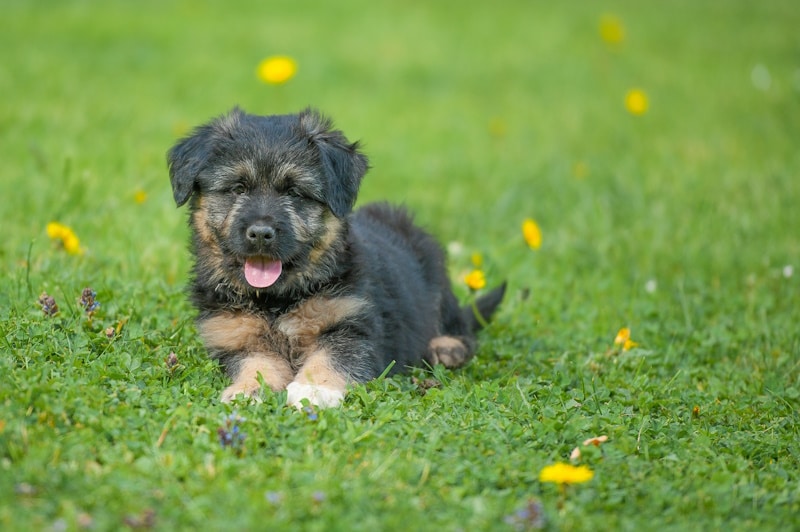
4. Anxiety
Some dogs may turn to eating grass if they are feeling stressed or anxious. Fireworks, loud vehicles, passing dogs, and even a distant coyote are a few things that can lead to stress and anxiety in your pet, and eating grass can help soothe them.
If you think that your pet is eating grass because of stress or anxiety, you’ll need to determine the source and try to eliminate it. If that’s not possible, playing soft music, spending more time with them, and helping them get more exercise can help. If they still seem stressed, contact your vet or an animal behaviorist for specific advice.
5. Flavor
Many different kinds of grass are likely available to your pet on any given walk, and your pet may have found one that they particularly enjoy the flavor, fragrance, or texture of.
The best way to stop your dog from doing something out of enjoyment is to try to redirect them to something that they enjoy even more, like chewing their favorite toy. You can also take steps to train them as puppies to avoid eating grass.
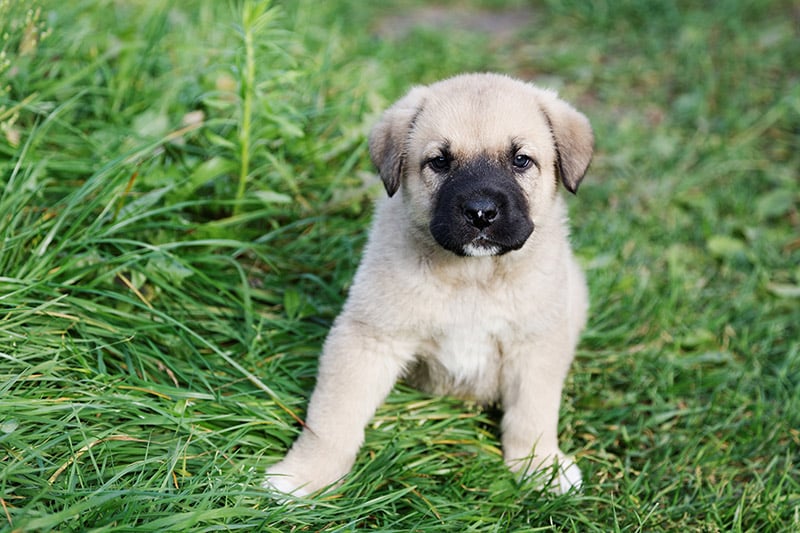
6. Attention Seeking
If your dog learns that eating grass gets a reaction from you, they might do it to get attention, even if your reaction is negative. They may do it when bored or even while playing, as most dogs like to keep their owners’ attention focused on them.
Try to resist having a big reaction when they eat the grass. Casually redirect their attention using one of their favorite chew toys. If the behavior persists, contacting a vet or animal behaviorist can get you tips specific to your pet.
7. Imitation
If your dog sees another dog eating grass, they might decide to try it for themselves, as many dogs will copy the behavior of others.
It can be a good idea to divert your dog’s attention with a toy or treat if you see another dog eating grass. Keep them busy and moving forward to reduce the risk of them mimicking the behavior.
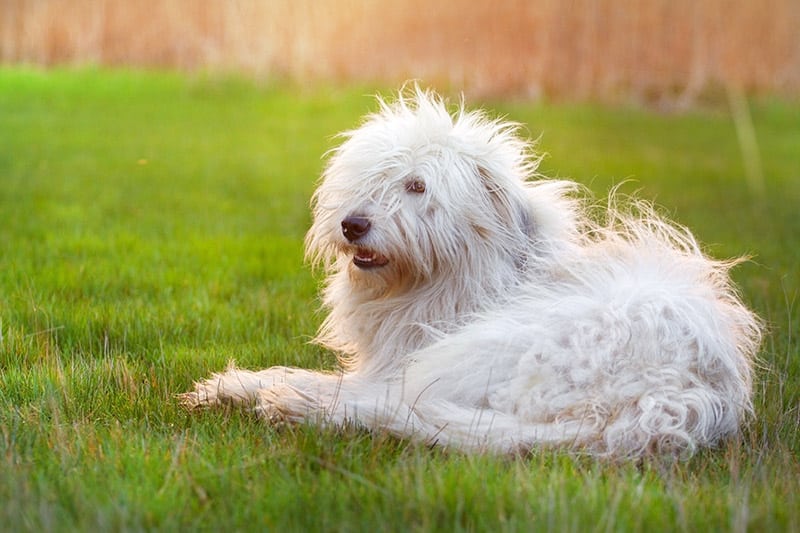
8. Self-Medication
Dogs can often get upset stomachs, and eating grass may be a way for them to self-medicate. Eating grass can be followed by vomiting in some dogs, but it doesn’t happen reliably enough to say that eating grass is a way to soothe their stomach. Instead, this is just another theory that has yet to be completely proven.
If your pup is frequently eating grass and then vomiting, feeding them smaller, more frequent, meals may help. You may also want to look into changing their food. Feeding your pet a small meal before bed or as soon as they wake up might help with this issue as well. If the problem persists, contact your veterinarian.

Frequently Asked Questions (FAQ)
Can Eating Grass Be Harmful to My Dog?
Grass itself is usually not harmful to dogs, though it may lead to vomiting or even blockages if they eat a large amount. The bigger risk is from pesticides, fertilizers, and other chemicals that might be on the grass. Therefore, it’s usually a better idea to redirect their attention to something else. If they are eating grass obsessively or becoming sick from it, consult a veterinarian to rule out any underlying health issues.
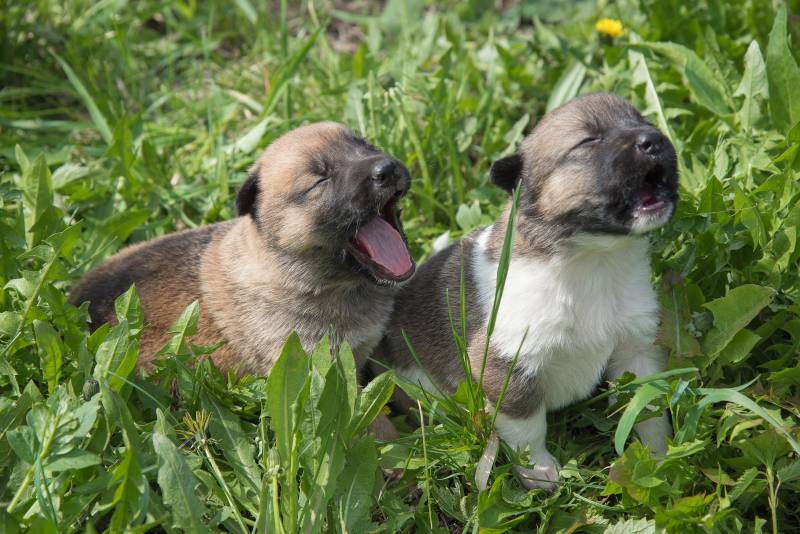
How Can I Let My Dog Eat Grass Safely?
If you want to let your pet eat grass safely, you can start an indoor garden, as many grasses grow well in the house with little maintenance. You can also keep a small patch of outside grass that is fertilizer- and pesticide-free that your dog can snack on it.
What Steps Should I Take If My Dog Frequently Vomits After Eating Grass?
If your dog often vomits after eating grass and you are having trouble preventing them from eating it, it’s a good idea to contact your vet. Frequent vomiting can lead to several health problems, including dehydration and dental issues. It can also be a sign of an underlying medical condition.

Conclusion
There are many reasons why your dog may be eating grass, the important thing is to determine if their appetite for grass is caused by a medical issue that needs treatment. If not, you can try many tactics for redirecting the behavior to prevent your dog’s grazing habit.
While grass usually isn’t toxic to canines, it may have pesticides or other chemicals on it, so it’s a good idea to redirect their attention to something else. If your dog is consuming a large amount of grass or is frequently vomiting, contact the vet immediately to get advice specific to your pet and rule out any underlying health issues.
Read more about strange dog behaviors:
Featured Image Credit: David Dalla Costa, Shutterstock
